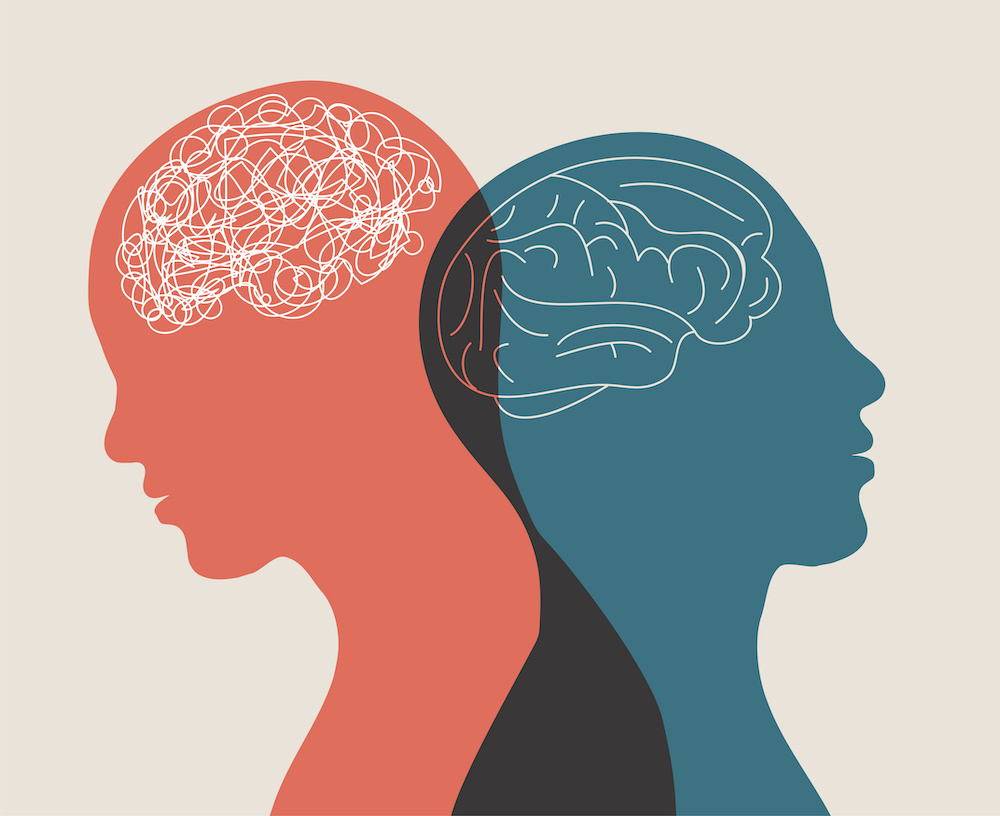ADA offers supports to help dentists, students prioritize mental health
May marks Mental Health Awareness Month

May is Mental Health Awareness Month, and while the month may be almost over, it’s never too late to make mental health a priority.
The American Dental Association offers various supports to help its member dentists and dental students get started, including free access to the Well-Being Index, an anonymous, validated assessment and measurement tool developed by Mayo Clinic to address clinician distress and well-being.
The index, used by hundreds of health care organizations, consists of nine questions evaluating providers’ risk of fatigue, depression, burnout and anxiety.
Each year, the index compiles assessment results in the State of Well-Being Report, which offers a comprehensive look at key trends, risks and opportunities in health care. The report stratifies results across four categories: distressed, struggling, OK and thriving — showing the distribution of providers across the continuum based on their index scores.
Findings from the 2024 report show the percentages of dentists who were distressed or struggling increased from 2023, while the percentage who were OK stayed the same and the percentage who were thriving decreased. Overall, nearly half of dentists were categorized as either distressed or struggling in 2024.
Participants who are distressed or struggling are more at risk for burnout, severe fatigue, medical error, turnover, suicidal ideation and poorer overall quality of life, according to the index.
The ADA-licensed version of the index connects participants directly to resources from the ADA and some state dental associations. Members can continue to take the index at a selected frequency and reference their results on a personal dashboard.
ADA members and dental students also have free access to Talkspace Go and discounted access to Talkspace Therapy.
Talkspace Go is a self-guided mental health app with courses, therapist-led live workshops, daily journals and more, while Talkspace Therapy offers additional support by connecting users to a dedicated, licensed therapy in their area. Users get one 30-minute live, confidential telehealth session with their therapist each month, plus unlimited access to asynchronous messaging via text or audio.
“As a dental professional, I’ve spent a majority of my career living with a stigma of mental health through my experiences with postpartum depression,” said Margaret S. Gingrich, D.D.S., a member of the ADA Council on Dental Practice and the chair of the ADA Dental Team Wellness Advisory Committee. “There was a time when I was afraid to admit my own battles in fear of losing my credibility with my patients or even my dental license. It is essential that we bring awareness and acceptance of those struggling with mental health issues without the stigma and without punitive actions. Our profession does not make us an exception. We are counted on to be the caregivers, the providers, the helpers. What we need to realize is sometimes the helpers need help and mental health issues don’t need to be faced alone.”
In their home state of Michigan, Dr. Gingrich and ADA Wellness Ambassador Darshika Shah, D.D.S., proposed a bylaws change related to mental health that was passed in April by the Michigan Dental Association House of Delegates.
Previously, the bylaws stated that if a dentist loses their license from the Michigan Board of Dentistry for any reason, even for a brief period, their membership in the dental association and ultimately the ADA would be terminated immediately without review, Dr. Gingrich said. This also meant they would lose all membership benefits, including access to medical insurance and resources for health and well-being.
“I am happy that the bylaws in Michigan have been amended to reflect our current need to support our members when they find themselves in a time of need. Instead of being dismissed unilaterally and losing all member benefits, including access to insurance and resources, they will now be assessed on an individual basis,” she said. “This means we can put care and compassion back in our member benefits and help them get their life back on track.”
Find more information about the Well-Being Index, Talkspace Go, Talkspace Therapy and other wellness resources at ADA.org/wellness.



